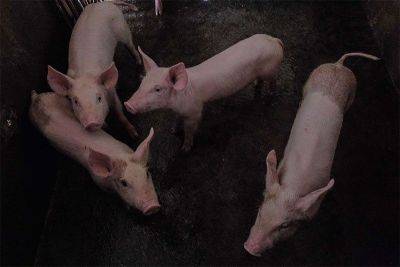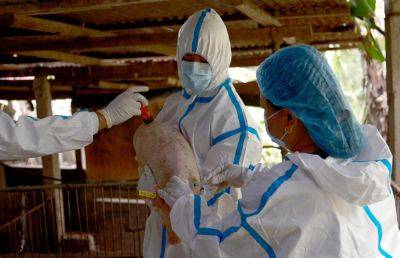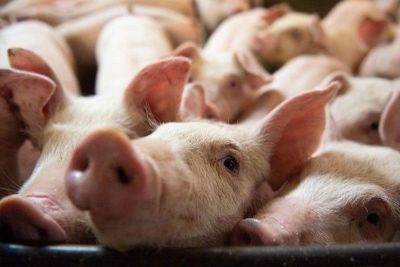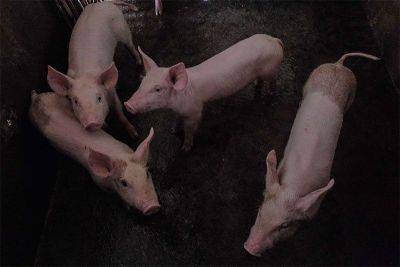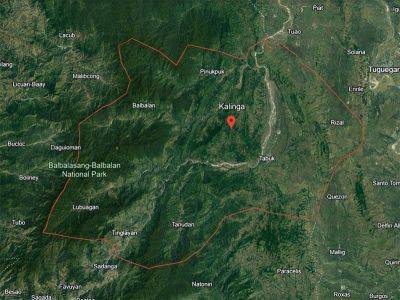DA setting up livestock checkpoints to prevent diseased hogs transport, stop rapid ASF spread
The Department of Agriculture will set up several livestock checkpoints across Luzon in response to the rapid spread of African Swine Fever in Batangas, which is suspected to have been exacerbated by unscrupulous hog traders selling diseased pigs.
The checkpoints are a temporary measure while the government awaits the arrival of ASF vaccines, a process that could take a few weeks.
Agriculture Secretary Francisco P. Tiu Laurel Jr. assured that the DA have the resources to immediately respond to the new ASF cases. “We have the funds to procure the vaccines and the emergency funds to indemnify hog raisers adversely affected by the resurgence of the ASF virus,” Tiu Laurel said. He said the vaccine procurement is essential for controlling the outbreak but acknowledged the delay in securing those vaccines.
Dr. Constante Palabrica, DA Assistant Secretary for Swine and Poultry, explained that the additional border controls are designed to halt the movement of diseased hogs, which have been a significant factor in the rapid spread of ASF in Batangas.
“We have set up additional livestock quarantines and will keep it there at least until December 31,” said Palabrica. “Policemen along with Bureau of Animal Industry and other DA personnel will man the checkpoints,” he added.
Palabrica, a veterinary medicine expert, also mentioned that the border controls will help prevent the transport of other diseased animals, including birds.
The new ASF outbreak has led several towns in Batangas to declare a state of calamity to access emergency funds, whose availability is critical for addressing the immediate impacts of the outbreak and for managing the disease’s spread.
Palabrica said the DA has identified central burial sites for hogs infected with ASF or those that have died from the virus. This measure is part of the broader effort to control and eventually eradicate the virus, which has severely impacted the hog industry since it was first reported in 2019.
The ASF outbreak has had a devastating effect on the national hog population, which dropped from 12.7 million in 2019 to an estimated 9.9 million by the end of 2023. According to Bureau of Animal Industry (BAI) monitoring, ASF


